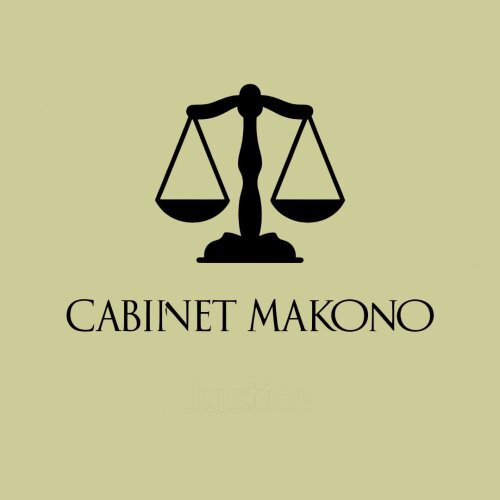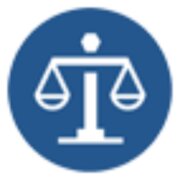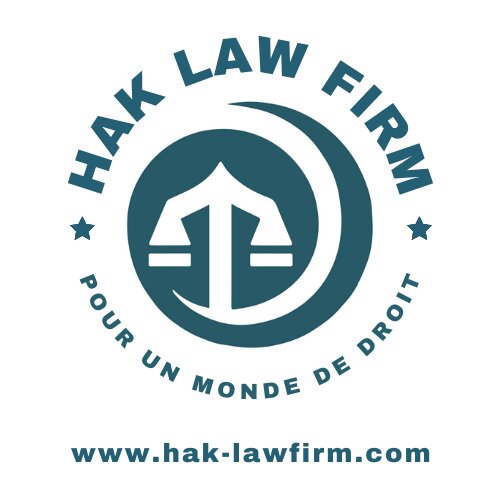Best Legal Document Lawyers in Kinshasa
Share your needs with us, get contacted by law firms.
Free. Takes 2 min.
List of the best lawyers in Kinshasa, DR Congo
About Legal Document Law in Kinshasa, DR Congo
Legal document law in Kinshasa, DR Congo, pertains to the legal documentation required and employed in a variety of contexts, including personal, commercial, and governmental affairs. It covers a broad range of document types, from business licenses and contracts to wills and personal identification documents. Like in many other parts of the world, certain requirements and regulations need to be adhered to in the creation, processing and validation of these documents to be considered legally binding.
Why You May Need a Lawyer
Lawyers play a critical role in the creation, reviewing, and enforcing of legal documents. Their expertise includes ensuring documents are legally sound, abide by relevant regulations, and safeguard the interests of the involved parties. Situations where you might need legal help could include starting a new business and needing to draft contracts, facing a legal dispute that requires formal documentation, or needing to understand and address complex regulatory documents. Furthermore, lawyers may often play a crucial role in navigating and negotiating legal bureaucracy that could impact the legality or meaning of certain documents.
Local Laws Overview
In Kinshasa, DR Congo, local laws regarding legal documents have specific requirements. These may include the correct use of official languages, mandatory usage of certain types of documentation for specific situations, and the acknowledgement or endorsement by relevant authorities for certain documents. It is crucial that any legal documentation is created in line with these requirements; failing to do so could render your documents null and void. The applicability of different laws may also depend on the nature of the document, the involved parties or the specific circumstances, so expert advice is often important.
Frequently Asked Questions
1. What makes a document legally binding in DR Congo?
A document is legally binding in DR Congo when it complies with the necessary statutory requirements: it should be in proper format, signed by the appropriate parties, notarized if necessary, and it must not violate any laws or public policy.
2. Can legal documents be written in any language?
In DR Congo, legal documents should ideally be written in French, the country’s official language. However, other languages may be used as long as an accurate translation can be provided.
3. How do I dispute a legal document?
If there’s a disagreement regarding a legal document, it is advised to consult a legal professional who can guide through the dispute process, which may involve negotiation, mediation, or legal action.
4. What should I do if I don't understand a legal document I'm required to sign?
Never sign a document that you don't fully understand. It's essential to consult a lawyer who can explain the terms of the document to you.
...[Add more Q&As as needed]...Additional Resources
The Ministry of Justice in Kinshasa can provide guidance and help in the matters related to legal documentation. Additionally, resources such as law libraries and reputable online legal resource sites may provide helpful context and guidance on legal document laws.
Next Steps
If you find yourself needing legal help with legal documents in Kinshasa, DR Congo, consider hiring a local lawyer who is well-versed in local law. You will also want to gather any relevant documentation you currently have, organize your questions and concerns into a clear format, and prepare for a potentially lengthy process as bureaucracies can often take a substantial amount of time to navigate.
Lawzana helps you find the best lawyers and law firms in Kinshasa through a curated and pre-screened list of qualified legal professionals. Our platform offers rankings and detailed profiles of attorneys and law firms, allowing you to compare based on practice areas, including Legal Document, experience, and client feedback.
Each profile includes a description of the firm's areas of practice, client reviews, team members and partners, year of establishment, spoken languages, office locations, contact information, social media presence, and any published articles or resources. Most firms on our platform speak English and are experienced in both local and international legal matters.
Get a quote from top-rated law firms in Kinshasa, DR Congo — quickly, securely, and without unnecessary hassle.
Disclaimer:
The information provided on this page is for general informational purposes only and does not constitute legal advice. While we strive to ensure the accuracy and relevance of the content, legal information may change over time, and interpretations of the law can vary. You should always consult with a qualified legal professional for advice specific to your situation.
We disclaim all liability for actions taken or not taken based on the content of this page. If you believe any information is incorrect or outdated, please contact us, and we will review and update it where appropriate.
















